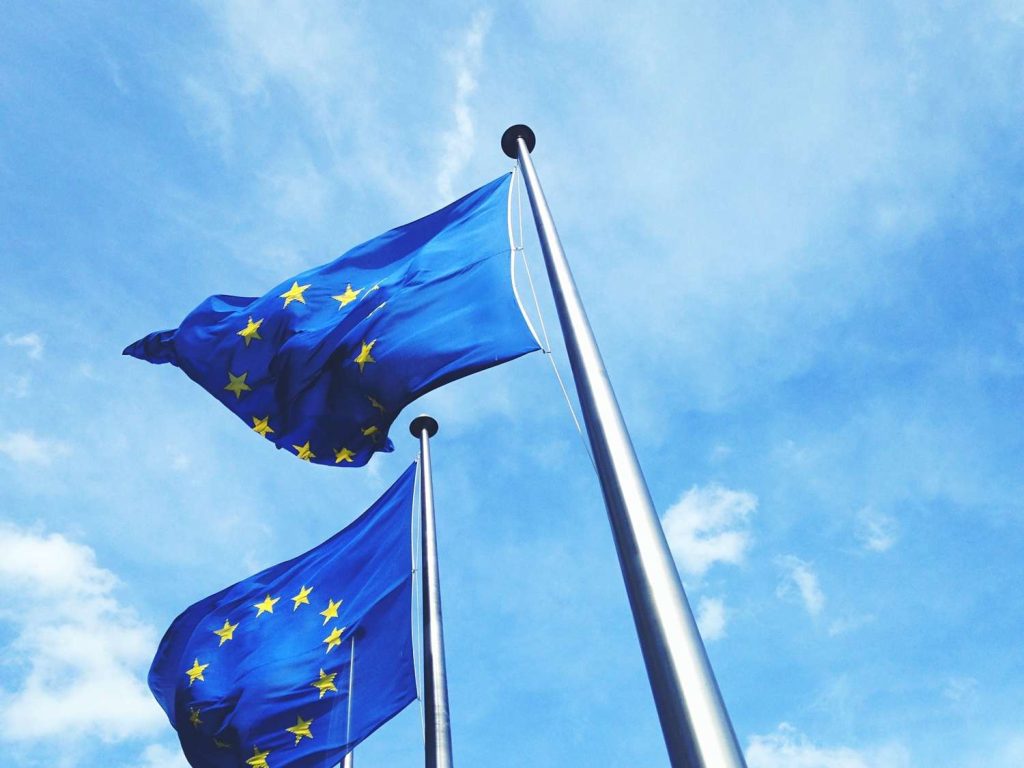European Union ministers are meeting on Monday to discuss the bloc’s strategy for trade negotiations with the United States, following a renewed threat from President Donald Trump to impose 30% tariffs on EU goods if no agreement is reached by August 1.
Trump’s announcement on Saturday has disrupted months of progress in the ongoing talks, sparking urgent discussions within Brussels on how to respond. The EU is under pressure to strike a deal while preparing for the possibility of steep tariffs.
European Commission President Ursula von der Leyen signalled a continued willingness to negotiate by postponing retaliatory measures over separate US duties on steel and aluminium. “We have always been very clear that we prefer a negotiated solution,” von der Leyen said. “This remains the case, and we will use the time that we have now till August 1.”
Her decision to hold off on immediate countermeasures has kept diplomatic hopes alive, despite Trump’s aggressive posture, which also includes threats against Mexico. But EU officials remain cautious, describing Trump’s unpredictability as a major challenge in the talks.
Diplomats say trade ministers will be presented with a set of retaliatory options during their meeting in Brussels, in case the US moves forward with the 30% tariffs. A potential EU response, first floated in May, could see duties imposed on American exports worth up to €100 billion ($117 billion). However, insiders say the revised figure may be closer to €72 billion.
EU member states maintain a united front
EU member states, despite varying levels of trade exposure to the US, have largely maintained a united front. French President Emmanuel Macron has urged von der Leyen to “resolutely defend European interests.”At the same time, German Chancellor Friedrich Merz echoed the sentiment, noting he has been in touch with Macron, Trump, and von der Leyen in recent days and is committed to working toward a resolution.
Italian Prime Minister Giorgia Meloni added her voice, warning that “a trade war within the West” would only harm all parties involved.
The EU had initially prepared retaliatory tariffs worth around €21 billion in response to Trump’s earlier duties on metal imports, but suspended those plans in April to pave the way for a broader trade accord.
Since returning to the office in January, Trump has reignited his aggressive trade stance, targeting allies and rivals alike with fluctuating tariffs. While his administration has touted plans for multiple trade deals, only two agreements—one with the UK and another with Vietnam—have been finalised so far, along with a temporary easing of reciprocal duties with China.
The EU and other economies were initially set to face a hike from the standard 10% US tariff on Wednesday, but Trump extended the deadline to August 1. In a letter released Saturday, he cited America’s trade deficit with the EU as justification for the increased 30% levy, which surpasses the 20% tariff he previously proposed in April before pausing implementation until mid-July.



